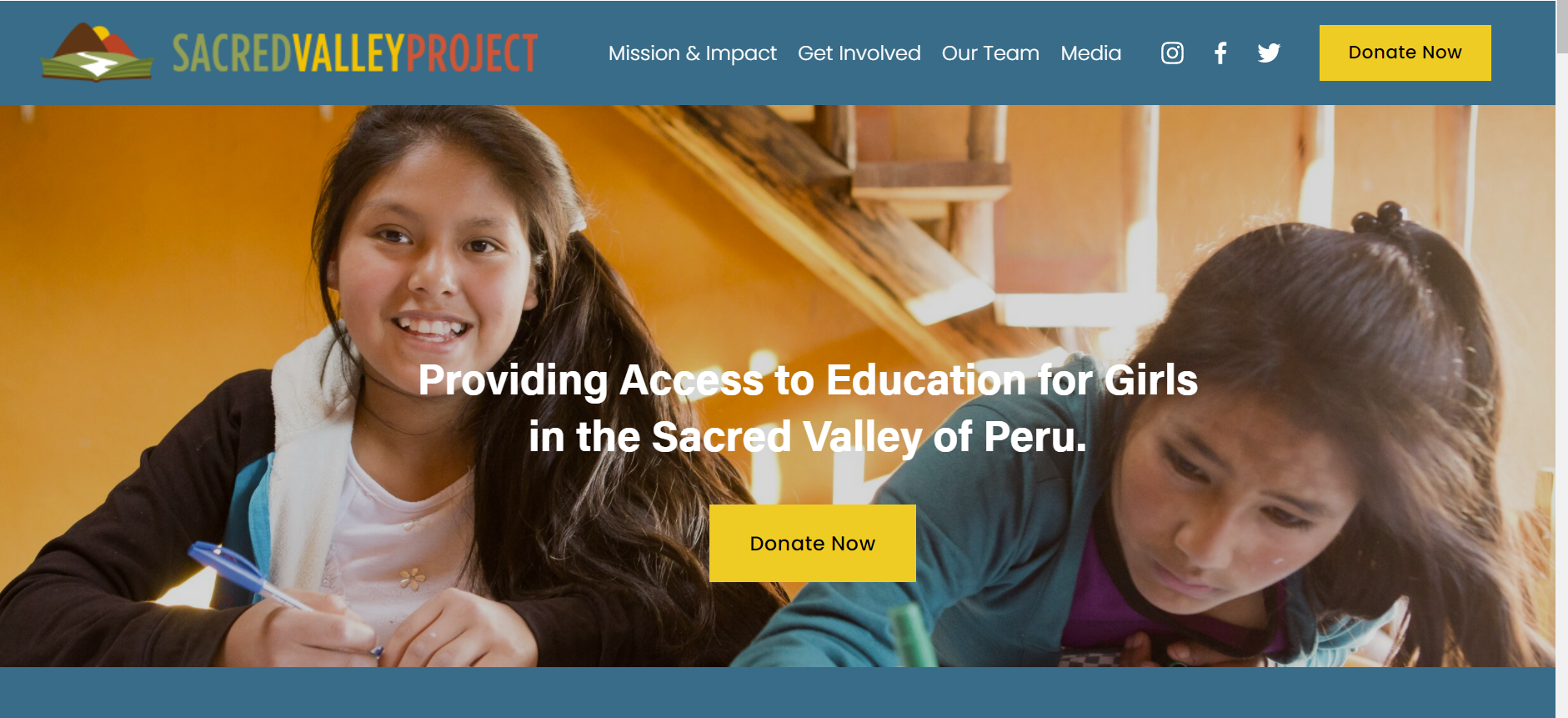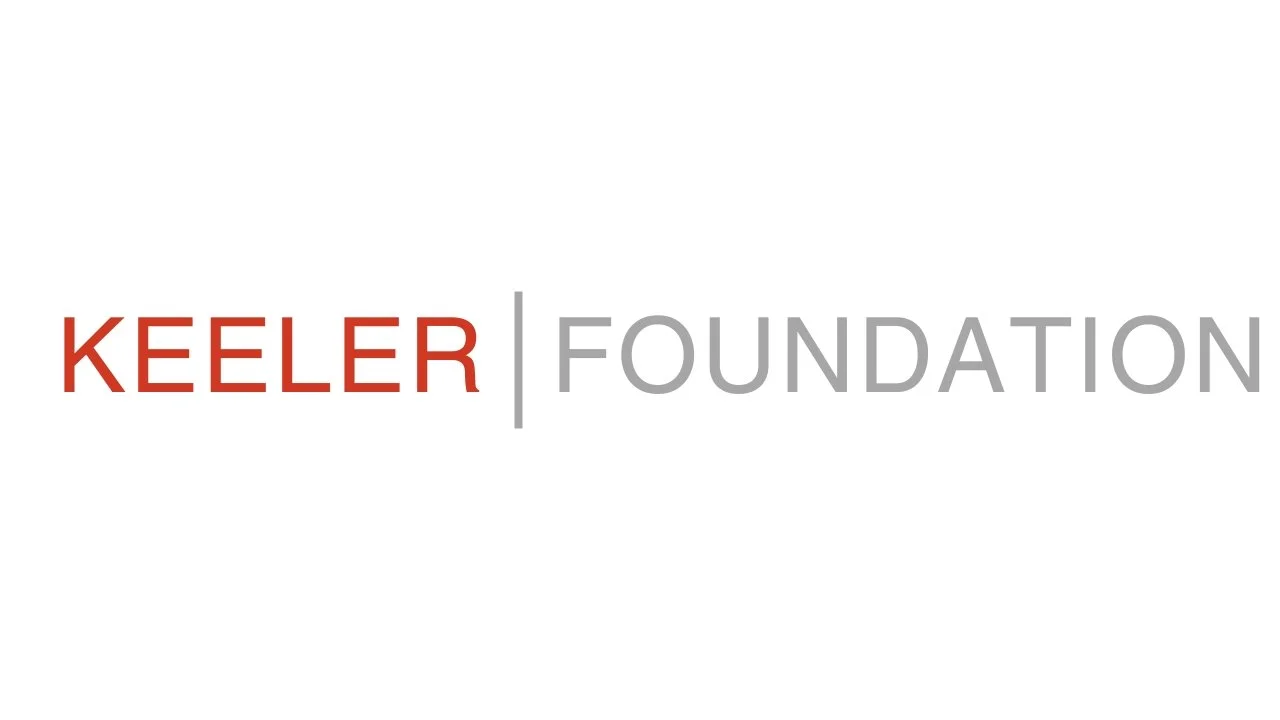
Why girls?
The Sacred Valley Project makes it possible for girls from remote communities in the Andes to receive their high school degree and begin pursuing their dreams. Our work focuses on girls because of the unequal access afforded to girls to pursue their secondary education. Click below to learn more about why education for girls is so important.
A closer look.
Filmaker Pezhman Jatala takes us on a journey to see the obstacles girls in the Andes of Peru face gaining access to secondary education. In the video below learn more about what the Sacred Valley Project is doing to help ensure more indigenous, young women in Peru graduate from high school and have a chance at a future that is shaped by choice. For the full length version, click here.
Why rural Andean communities?
In Peru, indigenous communities are dispersed throughout the Andes Mountains and lack access to many public services, including education. Children must walk several hours to the nearest elementary school and high schools are often only located in larger town centers, making it too far a journey for daily commute on foot. This lack of access to education presents an even greater challenge for indigenous girls. While many boys move to urban centers to pursue educational opportunities, this same option is not available to most girls.
Only 4 in 10 Peruvian girls from rural Andean communities will graduate from secondary school.
Education for women is an especially important investment as the benefits impact future generations and families. Female education is proven to have a substantial impact on reducing poverty. Studies show that an educated woman is more likely to have a smaller and healthier family, a stronger voice in family negotiations and the ability to advocate for herself and her children.
Follow our journey.
See the Latest News at the Sacred Valley Project
Thank you to our Partners & Sponsors
PAST AND PRESENT PARTNERS & SPONSORS: She's the First, Girls Opportunity Alliance, Nadia + Alf Taylor Foundation, CEPA, Hazleton Integration Project, Sacred Valley Health, Latin American Foundation for the Future, The Keeler Foundation, Mosqoy, Be Free Global, Mary's Pence, Spark Fire Active, CHISPA Action Network, Whitby Handbags, Sumaq Hotel, Chio, Cusco Social, Copera, Banco de Alimentos Perú, and Benites, Vargas & Ugaz


















































